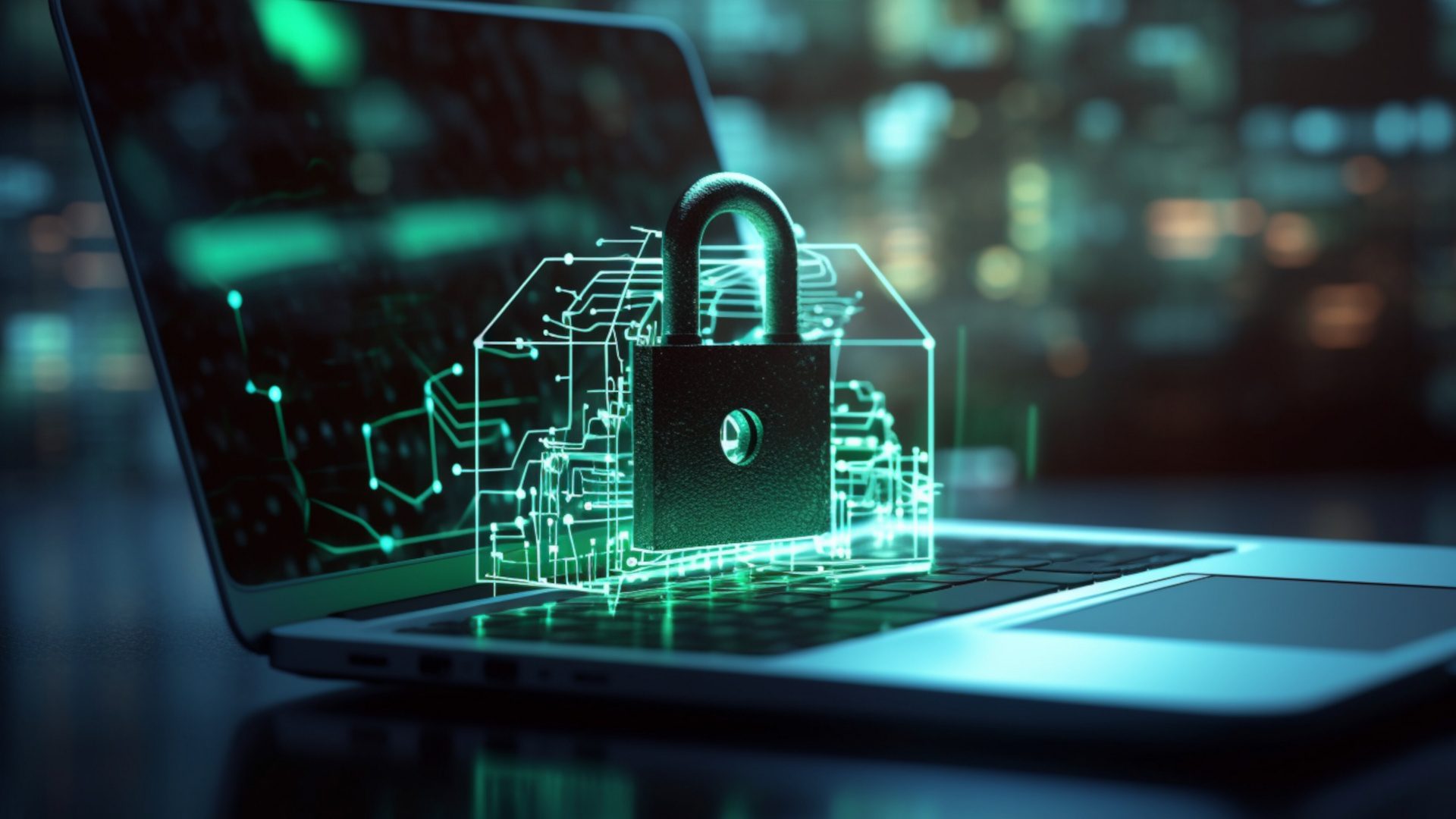Cybersecurity for Remote Workers: Remain Secure at Home
Cybersecurity for Remote Workers: Remain Secure at Home
Blog Article

During this digital age, remote work has become more prevalent than ever, transforming the way we handle our tasks. Though the flexibility of remote working offers numerous benefits, it also brings with it a unique set of security challenges. As employees connect to their company networks from personal devices and vulnerable home networks, the danger of cyber risks increases significantly. Understanding how to defend sensitive information is critical for anyone employed outside the traditional workplace.
Cybersecurity for virtual workers is not just a digital requirement; it is an integral aspect of maintaining efficiency and trust in an ever more interconnected world. Employees must be vigilant about their online activities, realizing that cybercriminals often exploit vulnerabilities that arise in a home office environment. By implementing simple yet impactful cybersecurity measures, virtual workers can shield themselves and their employers from prospective breaches and incidents. It’s time to prioritize safety and defense in our home workspaces.
Best Practices for Secure Remote Work
To ensure online safety during remote work, it is important to begin with a secure online connection. Steer clear of using unsecured Wi-Fi networks, as they are often unsecured and may jeopardize your sensitive information to potential hackers. Rather, opt for a private, password-protected network, and don’t hesitate to use a virtual private connection to secure your web activities. Consistently updating your firmware of your router and altering the default login credentials can offer an extra layer of protection to your personal network.
Utilizing robust passwords and two-factor authentication is another critical practice for employees in a remote setting. Create intricate passwords that are hard to crack, including a mix of letters, numbers, and symbols. It is also advisable to use a password vault to assist in creating and store unique passwords for your multiple logins. Enabling copyright offers an extra security measure, requiring a second verification method aside from the password, which greatly hinders access for intruders.
Maintaining awareness against phishing attacks is crucial in ensuring data security during remote work. Be cautious when opening emails from unknown senders or clicking on suspicious links, as these can direct you to malware or security breaches. Keep yourself informed about the newest phishing techniques and verify that your organization supplies periodic training on recognizing these threats. Keeping your software platform and programs up-to-date will also help defend against vulnerabilities that malicious entities may target.
Frequent Threats to Remote Workers
Remote workers experience a variety of digital security risks that can compromise private information. One significant threat is phishing scams attempts, where hackers use deceptive emails or communications to trick individuals into sharing their access information or other sensitive information. These attacks often look authentic, making it hard for even the most alert employee to distinguish the authenticity of the email. It is crucial for virtual workers to remain cautious and verify the sources of emails asking for confidential information.
Another frequent threat is vulnerable home Wi-Fi networks. Many individuals may not have the same quality of security on their home Wi-Fi as they would in an corporate environment. An unsecured connection can be an easy target for cybercriminals who can invade personal devices and company data shared over the connection. Adopting strong passwords, enabling WPA3 security standards, and evaluating virtual private networks can aid mitigate this threat.
Moreover, remote workers are at vulnerability of using old software and devices. Neglect to frequently upgrade operating systems, applications, and security programs can result in vulnerabilities that cybercriminals exploit. Many workers might dismiss the importance of these updates, believing that their work equipment are secure enough. Consistently maintaining programs and conducting security checks are essential rituals that can greatly improve the online safety stance of remote workers.
https://app.acsmi.org/courses/cybersecurity-management-certification
Resources and Resources for Fortified Security
For remote workers, investing in the appropriate tools is vital to ensuring data security. A dependable virtual private network is one of the most essential tools, as it protects your online connection and shields your confidential data from possible threats. When picking a virtual private network, search for one with strong encryption protocols and a zero-logs policy to ensure your internet activities are kept confidential. This is incredibly crucial when connecting to free Wi-Fi networks that may not be safe.
Another essential tool for boosting security is anti-malware programs. Deploying reputable anti-malware programs helps guard your computers from viruses, ransomware, and multiple online dangers. Numerous anti-malware programs also offer real-time scanning and automatic updates, allowing you to shield you from the newest threats. Frequently refreshing both your operating system and applications is also crucial, as these upgrades often come with security fixes to resolve vulnerabilities.
In combining with these resources, explore utilizing password managers to privately store and organize your credentials. Robust, individual passcodes are critical to protecting your profiles, and a credential manager can help create and save these efficiently. Additionally, activating copyright anywhere feasible adds an important layer of security, making sure that even if your password is breached, your accounts stay safe. Together, these resources and practices create a solid protection against online dangers for distanced employees.
Report this page